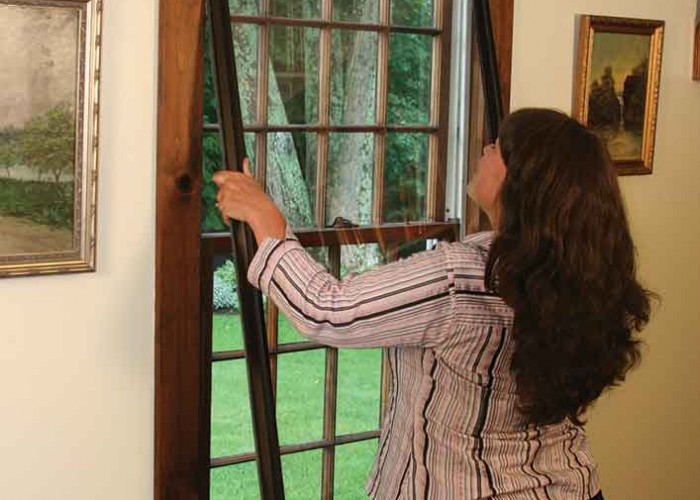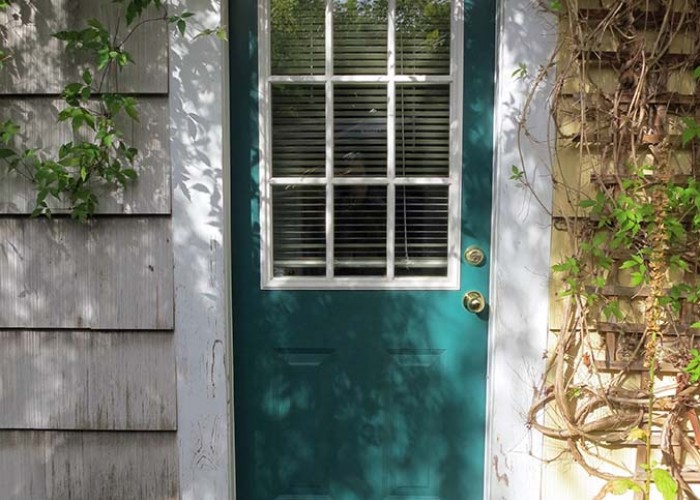Tips for Heating on a Tight Budget
Resources are available to those concerned about the chill of winter
By Hannah McKenzieQ: My friends are planning to heat their 1,300-square-foot home with their kitchen oven this winter because they do not have $5,000 to replace their broken central heating system. This seems unsafe and expensive. What are better options when a family cannot afford to repair or replace a broken heating system?
A: Expensive home repairs are gut-wrenching for most households and impossible for far too many North Carolinians. Though your friends are trying to be practical by using what they have as a heat source, there are many serious risks involved, including house fires, severe burns and high energy bills. While gas ovens are terrific for baking potatoes and cakes, leaving the door open for extended periods of time presents the danger of carbon monoxide poisoning, which can cause headaches, vomiting, flu-like symptoms or even death.
Thankfully, there are a variety of long-term solutions for your friends.
Weatherization loans
Families with flexible monthly budgets may find weatherization loans to be a feasible option. Contact your electric co-op to find out what's available. Some offer fixed-rate loans that could break a $5,000 heating system down into monthly payments of roughly $90 over five years.
Urgent Repair and Single-Family Housing Rehabilitation Programs
For families in dire circumstances, the North Carolina Housing Finance Agency distributes funding to local governments and community nonprofits that work with qualifying homeowners, such as seniors, those with disabilities, and other low-income households who cannot afford to repair deteriorating homes. Funds are allocated by the North Carolina General Assembly from the North Carolina Housing Trust Fund and the U.S. Department of Housing and Urban Development’s HOME program. Visit nchfa.com to locate organizations in your county that offer urgent repair and rehabilitation.
Weatherization Assistance Program
The North Carolina Department of Environmental Quality distributes funding from the U.S. Department of Energy to county agencies working with low-income families in need of lower energy bills at their residence or rental home. While funding is not specifically for central heating replacement, special emergency funding is available in qualifying situations. Visit deq.nc.gov or call 919-707-9198 for more information.
Ask around
Community nonprofits are often aware of the work others are doing. Habitat for Humanity, local churches or other charity organizations may offer assistance in the form of loans, grants or donations.
Give a helping hand
Most of us know families struggling to make ends meet. There’s the little girl who didn’t do her homework and is falling behind her classmates because her home is unbearably cold all winter, or the store clerk who is constantly caring for one sick family member or another. Ask what you can do to help, support local nonprofits with your experience, time or money, and be engaged as a citizen by voting and talking with your elected officials to ensure your friends and other families can afford to stay safely warm this winter.
Keep warm, stay safe
“Staying Warm in an Unheated House” from Maine’s Cooperative Extension program gives tips and safety guidelines for keeping warm when a home is temporarily without heat (online at extension.umaine.edu).
-
More ways to save money and be energy efficient
-
Share this story:






